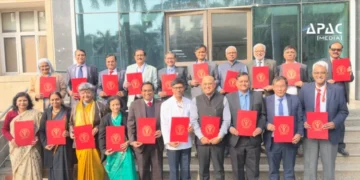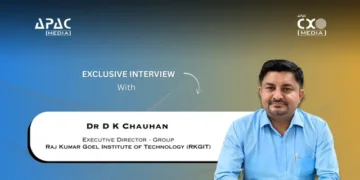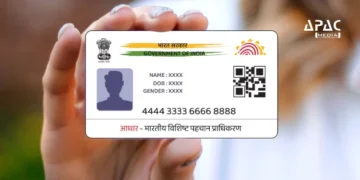New Delhi: The National Payments Corporation of India (NPCI) has issued a set of directives to enhance the security and efficiency of Unified Payments Interface (UPI) transactions.
These new regulations, effective from 1 April, will require banks, Payment Service Providers (PSPs), and third-party UPI service providers such as PhonePe, GPay and Paytm to update mobile number records weekly to reduce transaction errors.
What do the new guidelines say?
A key aspect of the NPCI’s directive revolves around the management and validation of UPI IDs linked to mobile numbers. To streamline operations and minimize transaction errors, NPCI mandates that all participating entities must utilize the Mobile Number Revocation List/Digital Intelligence Platform (MNRL/DIP).
This approach requires banks and PSPs to regularly update their databases weekly to reflect any changes, ensuring that they have accurate information. This measure is crucial, especially considering that mobile numbers can become inactive or be reassigned to new users over time.
According to guidelines from the Department of Telecommunications (DoT), a mobile number that has been deactivated can be reassigned to another subscriber following a 90-day waiting period.
This means that if a mobile number is inactive—for instance, if the subscriber does not make calls or utilize any services for three consecutive months—the number can be deactivated and subsequently reassigned by telecom operators. The NPCI’s new UPI guidelines will mirror this policy, leading to the automatic deactivation of UPI IDs connected to such inactive mobile numbers.
This means that users must remain vigilant and ensure that the mobile numbers registered with their banking services are active and in regular use.
Modification in the ‘Collect Payments’ Feature
In response to rising risks associated with digital transactions, the NPCI has also taken steps to mitigate fraud by modifying the “Collect Payments” feature within the UPI ecosystem. This feature, previously available to a wide range of users, will now be heavily restricted.
As per the reports, only large, verified merchants will be permitted to use the Collect Payments feature, while person-to-person collect payments will be capped at Rs. 2,000. This restriction aims to reduce the potential for fraudulent activities and ensure that the UPI platform remains a safe and secure avenue for everyday transactions.
Significance of the Move
These changes come at a time when UPI has seen exponential growth in India, revolutionizing the way people engage in financial transactions.
The NPCI’s measures not only address the infrastructural and security challenges that have arisen but also reflect a commitment to maintaining trust in the digital payment framework.
Also Read –
Cabinet Approves Rs 1,500 Cr Incentive Scheme to Boost BHIM-UPI Transactions



































































Discussion about this post